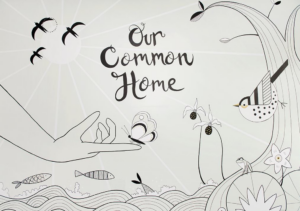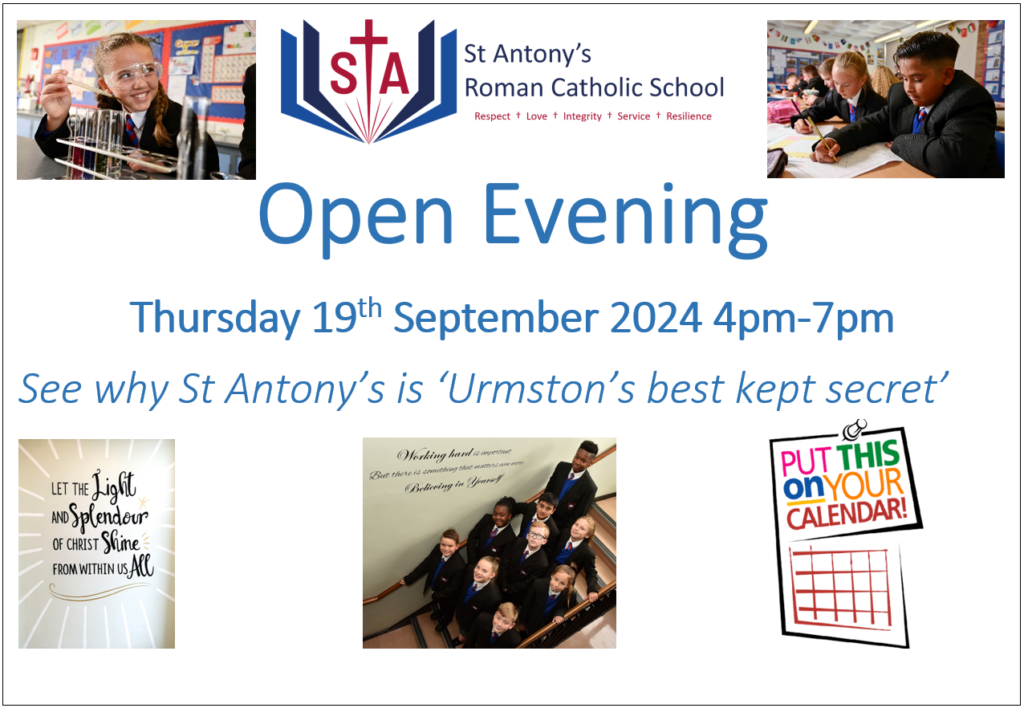Our School Mission
As a Catholic school our core values are rooted in the teachings and example of Jesus Christ and the values of the Gospel. Our ethos is one of respect for all and this is evident to anyone who visits our school, with many visitors commenting as such. We endeavour to live out the Gospel values in our daily life and believe in developing the skills and talents of the whole child by encouraging our pupils to live the mission statement and be the best version of themselves; to love, respect and serve others, acting with integrity and resilience.
Our core purpose is our Catholic mission: ‘Let the light and splendour of Christ shine from within us all’. We place a strong emphasis on supporting each individual student to thrive and succeed in their education. We believe that high quality teaching and strong pastoral support are the key to enabling our students to make excellent progress, both are of the highest priority at St Antony’s. We have high expectations for all of our students and we are committed to finding and developing the talents they possess whilst supporting their academic progress and achievements.
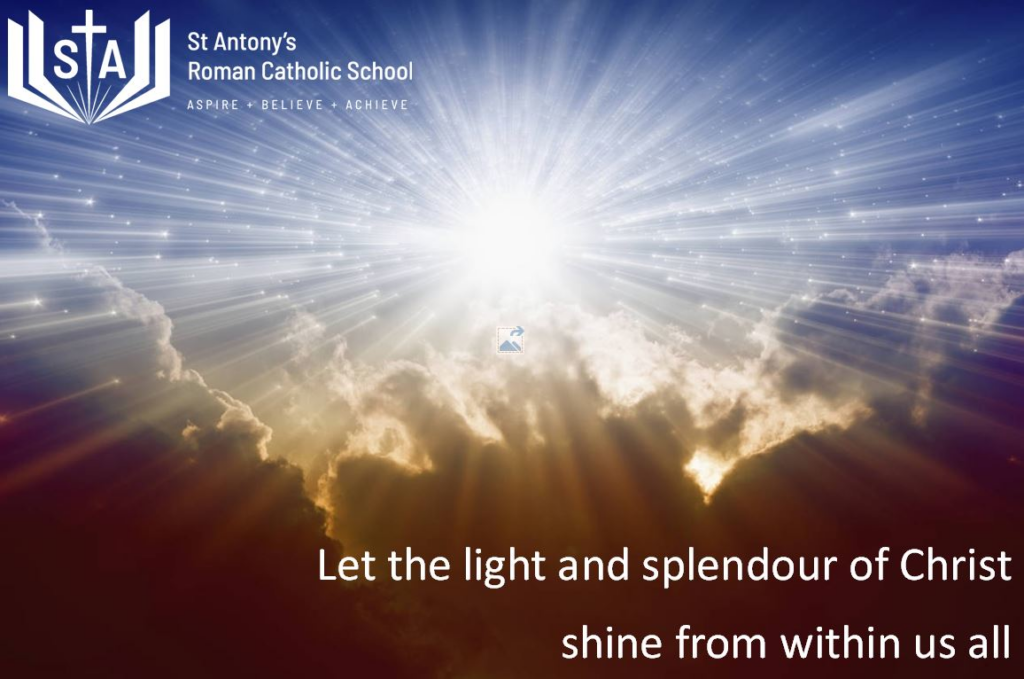
An academy such as St Antony’s is defined under the School Standards and Framework Act 1998 as having a religious character. Consequently, religious education and the content of collective worship are inspected under section 48 of the Education Act 2005. St Antony’s was judged as Requires Improvement overall, with two of the three areas inspected judged as Good in our last inspection.
Please click here for the latest Section 48 Report.
Collective Worship
Collective worship is an essential element of the school day. Each year group has one formal collective worship and four form worships during the week.
- Collective worship is led by a senior member of staff or a Pastoral Leader for each year group in the school hall
- Form worship is also led by the form tutor
- The school day begins and ends with a short appropriate prayer
- Special assemblies are prepared to celebrate the major liturgical seasons. E.g. Advent, Christmas, Lent and Easter.
Three times a year the whole school community celebrates holy mass at St Hugh of Lincoln Roman Catholic Church. During the year, we also host a number of priests who support with our Day of Reconciliation.
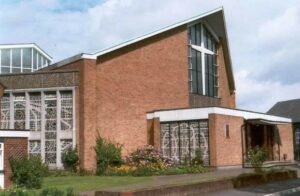

Sister Linda from the Daughters of Divine Charity carries out chaplaincy services to the school, with support from our local priests Father Ged Murphy, Father Kieren Mullarkey and past pupil Father Gavin Landers.
We are very privileged to have Sister Linda. She is often supported in her work by Sister Anna. Both are wonderful, welcoming members of the school community, frequently seen playing basketball at break or dancing to Jerusalema with the students at lunchtime. They work alongside a group of student chaplains who lead aspects of chaplaincy within the school community.

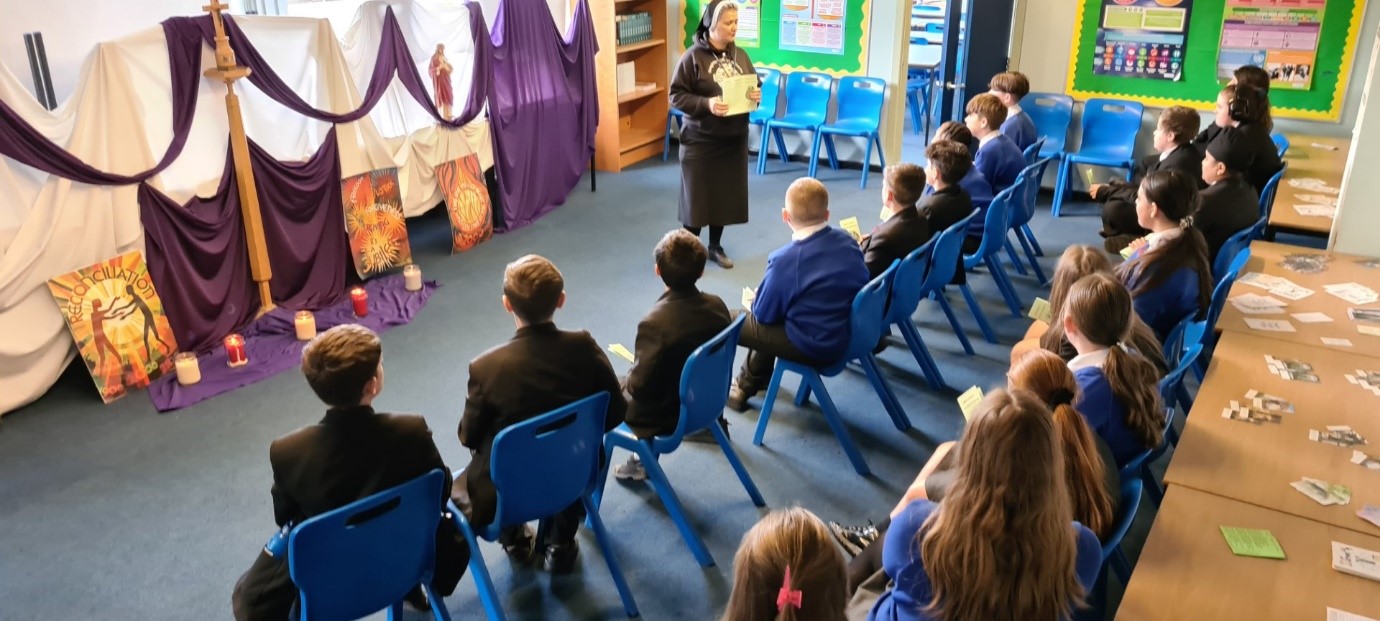
Sister Linda has some other much more famous friends. Please see the videos below for more information!
Prayer
Prayer is also at the heart of our faith and of our school day. Each morning all students will take part in an act of collective worship either with their form tutor or in assembly. This gives our school community a strong sense of identity and a chance to reflect on different points in the liturgical calendar and how we can put our faith into action within our school and wider community. Prayer also provides the opportunity to give thanks for what we have and what we receive from each other; before lunch and at the end of the school day students pray the grace before meals and evening prayer.
School Prayers
At the start of the day Before lunch Evening prayer at the end of the day
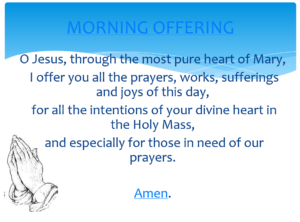
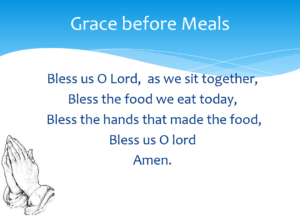

Praying with the staff
Collective worship during the school day is such a big part of who we are and what we do. There are times when we are not all able to get together to pray and so the staff would like to share their favourite prayers with you. Which is your favourite?

Our Chapel
Our Chapel plays an incredibly important part in school life at St Antony’s. Small group prayer and liturgies take place here as does weekly staff morning worship.
The Chapel is a quiet area set aside for prayer and worship. Indeed, it is not just for prayer, but also for reflection for other faith groups.
The room is available for staff and pupils who may need a quiet period during the day.
Chaplaincy is at the heart of the St Antony’s family and plays a central role in all areas of school life. Our faith and values shape who we are and what we do on a daily basis. The Chapel is open for all members of our school community for a quiet space to reflect and pray. It is also used extensively by our Chaplain, Sister Linda, and the Chaplaincy Team.
Faith in Action
The GIFT (Growing in Faith Together) team represent very well St Antony's school's faith in action - these are students from Y7-Y10 who are active in our school community, supporting Sr Linda, involved in the delivery of assemblies, are in service in school and the local community, and high-profile with fundraising. They work together with Miss Barlett, one of the RE team, and one of their number was the last recipient of the Diocesan and Caritas Award for faith in action.
But faith in action is not limited to the GIFT team. Advent and Lent are times in the Church’s calendar when the whole school community focuses on giving to others who need support in our local and worldwide community. We follow the message of Jesus who asked us to “Love one another as I have loved you” and take opportunities to help students to connect with this message. For example: we were delighted a couple of years ago that St Antony’s pupils were able to contribute with the art work which helped to make the Caritas Stations of the Cross and were featured in the You Tube videos shared by the Diocese; at Advent as a school community, we support a local homeless charity, Cornerstones, donating items such as food, toiletries and clothes; while at Lent we generally focus our fundraising on supporting Caritas through St Joseph’s Penny.
This Lent 2024, however, we were very involved in CAFOD's Big Lent Walk campaign. Students in the whole-school community were encouraged to walk a mile over lunchtimes, as per the CAFOD campaign, purchase cakes for the cause and the GIFT team (and a few others) joined CAFOD's Big Lent Walk on 25th March, from school through the local meadows, riverside and back to school.
Numerous other charities are supported throughout the year. Of particular note is the project work by members of the St Antony’s family who've annually supported and visited a school in a very disadvantaged area of Romania.

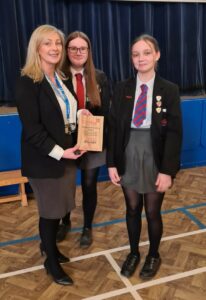
Our Patron Saints and Form Saints
School Patron: St Antony of Padua (1195 – 1231)
Feast day: 13th June - watch this space for the 2023 celebrations of St Antony's Feast Day!
Prayers to St Antony:
Almighty God, you have given St Antony to your people as an outstanding preacher and a ready helper in time of need. With his help may we follow the Gospel of Christ and know the help of Your grace in every difficulty.
Through Christ our Lord, Amen.
St Antony, special friend of Jesus, I call upon you this day to be my special friend here on earth, today and all the days of my life. I ask you to be my special protector and I place all my thoughts, words and deeds in your care. I ask you to be my guide and guardian so I may please Jesus in all I do and say.
Amen.
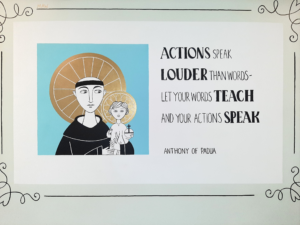
Our Padua Centre is named after our own Patron Saint, St Antony. St Antony taught us that actions speak louder than words as shown in the mural located outside our Chapel.
As part of the school’s pastoral structure, students are organised into 5 house groups named after inspirational Catholic Saints. They are:
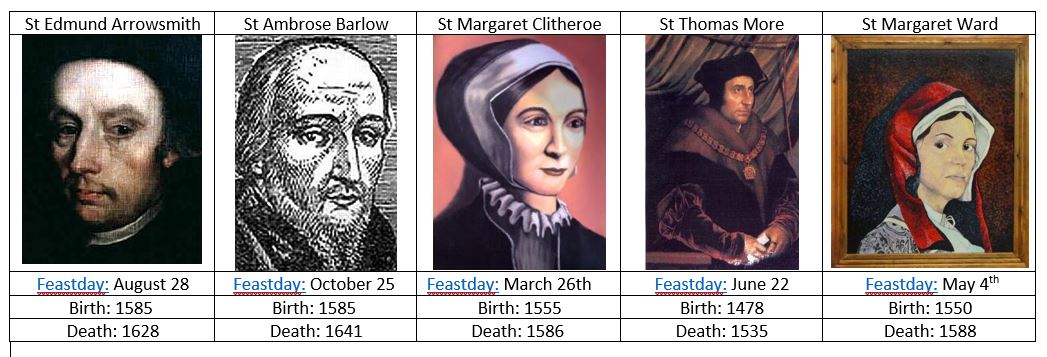
The Liturgical Year and Catholic Social Teaching
The Liturgical Year
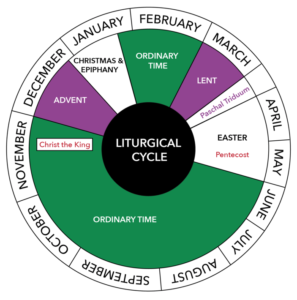
The Church year is split into different seasons based on the life of Christ.
The liturgical year starts with Advent at the end of November/beginning of December, and ends the same time the following year.
The main seasons are:
- Advent
- Christmas
- Lent/Holy Week
- Easter
- Ordinary Time
In addition to these, feast days are also celebrated throughout the year. By celebrating the liturgical year, a Catholic is also celebrating the life and mystery of Christ.
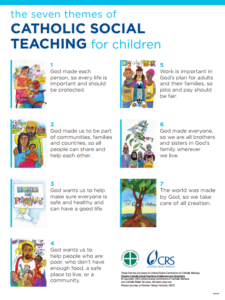
Catholic Social Teaching
The Catholic Church has a history of social teaching that goes back centuries and provides a compelling challenge for living responsibly and building a just society. Modern Catholic Social Teaching, rooted in Scripture and articulated through a tradition of written documents, has evolved over time in response to the challenges of the day. It is the foundation of the mission and values of Catholic Community Services and the Catholic Housing Services.
The following are several of the key themes that are at the heart of our Catholic social tradition.
Life and Dignity of the Human Person
The Catholic Church proclaims that human life is sacred and that the dignity of the human person is the foundation of a moral vision for society. This belief is the foundation of all the principles of our social teaching. We believe that every person is precious, that people are more important than things, and that the measure of every institution is whether it threatens or enhances the life and dignity of the human person.
Call to Family, Community, and Participation
The person is not only sacred but also social. How we organize our society in economics and politics, in law and policy directly affects human dignity and the capacity of individuals to grow in community. Marriage and the family are the central social institutions that must be supported and strengthened, not undermined. We believe people have a right and a duty to participate in society, seeking together the common good and well-being of all, especially poor and vulnerable people.
Rights and Responsibilities
The Catholic tradition teaches that human dignity can be protected and a healthy community can be achieved only if human rights are protected and responsibilities are met. Therefore, every person has a fundamental right to life and a right to those things required for human decency. Corresponding to these rights are duties and responsibilities–to one another, to our families, and to the larger society.
Preferential Option for the Poor
A basic moral test is how our most vulnerable members are faring. In a society marred by deepening divisions between rich and poor, our tradition instructs us to put the needs of poor and vulnerable people first.
The Dignity of Work and the Rights of Workers
The economy must serve people, not the other way around. Work is more than a way to make a living; it is a form of continuing participation in God’s creation. If the dignity of work is to be protected, then the basic rights of workers must be respected—the right to productive work, to decent and fair wages, to the organization and joining of unions, to private property, and to economic initiative.
Solidarity
We are one human family whatever our national, racial, ethnic, economic and ideological differences. We are our brothers’ and sisters’ keepers, wherever they may be. Loving our neighbor has global dimensions in a shrinking world. At the core of the virtue of solidarity is the pursuit of justice and peace. Pope Paul VI taught that “if you want peace, work for justice.” The Gospel calls us to be peacemakers. Our love for all our sisters and brothers demands that we promote peace in a world surrounded by violence and conflict.
Care for God’s Creation
We show our respect for the Creator by our stewardship of creation. Care for the earth is a requirement of the Catholic faith. We are called to protect people and the planet, living our faith in relationship with all of God’s creation. This environmental challenge has fundamental moral and ethical dimensions that cannot be ignored.
